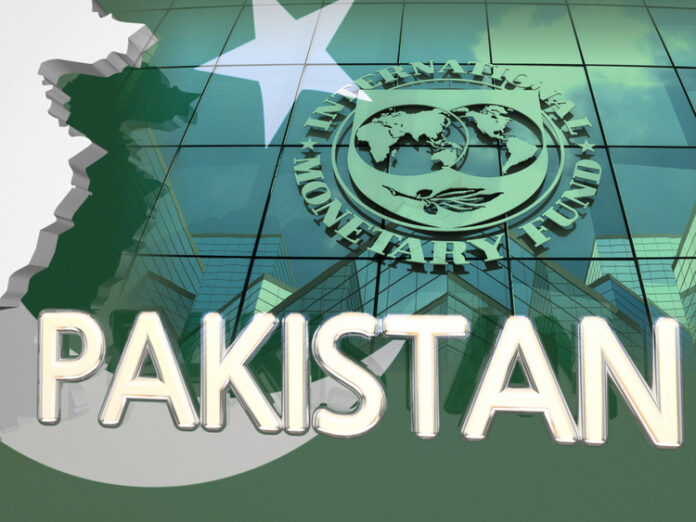The International Monetary Fund (IMF) has advised the Federal Board of Revenue (FBR) to overhaul Pakistan’s General Sales Tax (GST) system by standardising the rate at 18% for a wide array of goods.
This recommendation encompasses essential commodities such as unprocessed food, stationery, and POL (petroleum, oil, and lubricants) products, along with medicines and several other items.
According to the IMF, aligning most goods under a uniform GST rate could significantly boost the country’s revenue, potentially generating an additional Rs1,300 billion, which translates to about 1.3% of Pakistan’s Gross Domestic Product (GDP).
The proposed revisions include the abolition of the Fifth Schedule’s zero ratings, save for exports, and curtailing exemptions under the Sixth Schedule to only cover the supply of residential property excluding the first sale.
This move aims to minimize exemptions and reduce the tax rates specified under the Eighth Schedule, suggesting that only a select group of essentials, such as basic food items and crucial educational and health products, should benefit from a lowered 10% tax rate.
The IMF’s strategy seeks to streamline the tax framework by eliminating minimum taxes, surtaxes, and removing the 9th and 10th Schedules, which currently provide various tax benefits and exemptions.
The suggestion to eliminate the zero rating for items covered under the Fifth Schedule, including supplies to diplomats and the Export Processing Zones, marks a significant shift towards broadening the tax base.
Similarly, limiting the Sixth Schedule exemptions to specific residential property sales and standardizing other goods under the 18% GST rate represents a substantial policy shift.
The IMF’s recommendations are part of a broader effort to rationalize Pakistan’s tax system and enhance revenue generation.
However, the IMF has not provided an analysis of the potential inflationary impact these measures might have on the economy in the short and long term.
These proposed changes are under consideration by the FBR and are poised to reshape Pakistan’s taxation landscape, aiming for a more simplified and uniform tax system that could bolster the nation’s economic stability and growth.

























the question is where are the expenses. if the armed forces expenditure is high, why not cut that also.